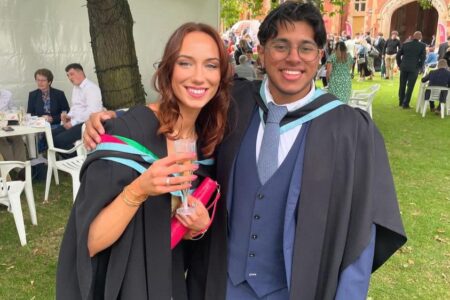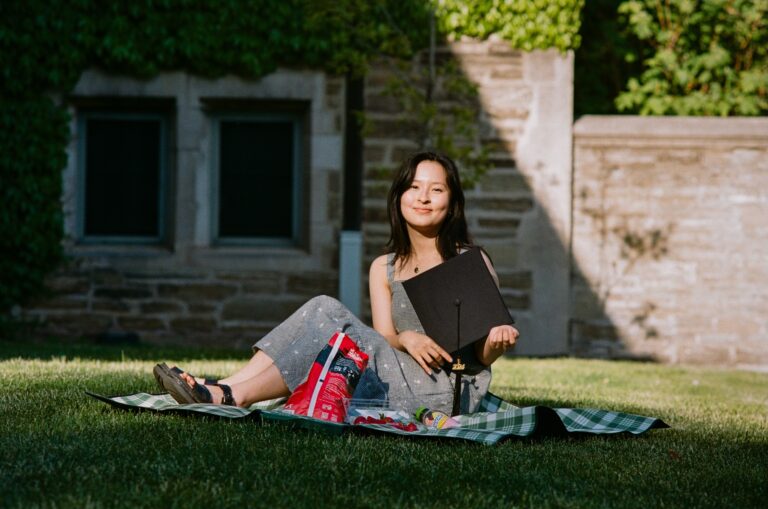
Kate Lee’s journey as a student adviser starts like this.
Born in Seoul, South Korea, and raised in Austin, Texas, US, she always felt like she was between worlds as an immigrant child. Literature allowed her to step into other people’s shoes or experiences, and that’s how she learned about her new home when she moved to the US.
As she grew older, literature became a way for her to express herself, and it became her degree of choice when she enrolled into university.
Lee was accepted into many impressive programmes, including Princeton University, Harvard University, and Columbia University — all of which rank in the top 50 of QS World University Rankings by Subject 2024.
In 2019, Lee chose to earn her undergraduate degree at Princeton, and it was there she stumbled upon comparative literature.
Unlike ordinary literature studies, which normally focuses on studying writing in English from its origins to the present, comparative literature at Princeton focuses on reading texts closely and considering the nature, function, and value of literature within a broad context,
Here, courses are not confined to a single national literature but rather engage many different traditions, genres, and languages across the globe.
“I didn’t even know what it was when I joined Princeton,” says Lee. “It’s identical to the usual literature, analysing and criticising texts, but you do it in different languages.”
“It was the perfect major for me because, as a Korean, I know the language, and I’m also interested in other languages,” she says. “Funnily enough, one of the main driving factors for switching to comparative literature was that it’s one of the unique majors at Princeton that allows us to study abroad for a year rather than just a semester.”
Towards the end of 2022, Lee attended the Sorbonne Nouvelle University in France as part of her study abroad programme to study French literature. Following that, she moved to London to participate in the Korean language and literature programme at the University of London’s School of Oriental and African Studies (SOAS).
While it may have seemed like the perfect study abroad experience, Lee found it difficult to navigate her educational journey.
“I didn’t know anyone who pursued literature, so I didn’t know the process of what it’s like to study the subject or what the process was to study abroad,” says Lee.
Lee isn’t alone in this. Nearly half of students in the US lack key academic guidance, and just 55% have been advised on required coursework for graduation, reports Inside Higher Ed and College Pulse.
Not wishing the same struggle she went through on anyone else, Lee took it a step further and applied for the position of student adviser for Princeton’s Lewis Centre for the Arts when the opportunity arose.
“Princeton provides many resources to their students, but it’d be nice to hear from peers and people who’ve done it,” says Lee. “Getting advice from an administrative individual might be intimidating, so I wanted to be the person that students would go to for questions or help when it comes to studying abroad or literature.”
We had the opportunity to chat with Lee about her time at Princeton and ask her the burning questions that students may have.

Lee has won several writing awards, such as the Scholastic Art and Writing Awards, Room Magazine Fiction Contest, and Best Emerging Translator Award. Now Source: Kate Lee
What should a student know when studying at Princeton?
As a student adviser, prioritising tasks and managing time is essential when studying at Princeton. There is a lot of classwork, which can get hectic and challenging.
Having an idea of what you’re personally interested in is extremely helpful when contributing to your classes and the field you’re in. Ask yourself what you’re particularly interested in or if there are any connections you can see or maybe others can’t.
At Princeton, you’ll be involved in independent work, meaning you must write a research paper based on your interest in your junior year and later a long-form thesis for your senior year.
Many struggle with this because they are unsure of what topic or study they would like to focus on and just attend classes for the sake of it.
What advice would you give first-year students?
This advice may sound strange, but you must realise you’re not in high school anymore. You’ll need to take on more responsibility, and there are many ways to do things in university.
You must start taking responsibility for your academics, internships, and interests. On the flip side, you do not need to do over a million extracurriculars as a first-year student like you did during your high school years for college applications.
Since you have made it to university, you can start to focus on what you enjoy. It can be playing your favourite sports, hanging out with friends, or travelling. You don’t have to hold yourself to the standard of high school, where you want to get the best grades and complete as many activities to impress others.
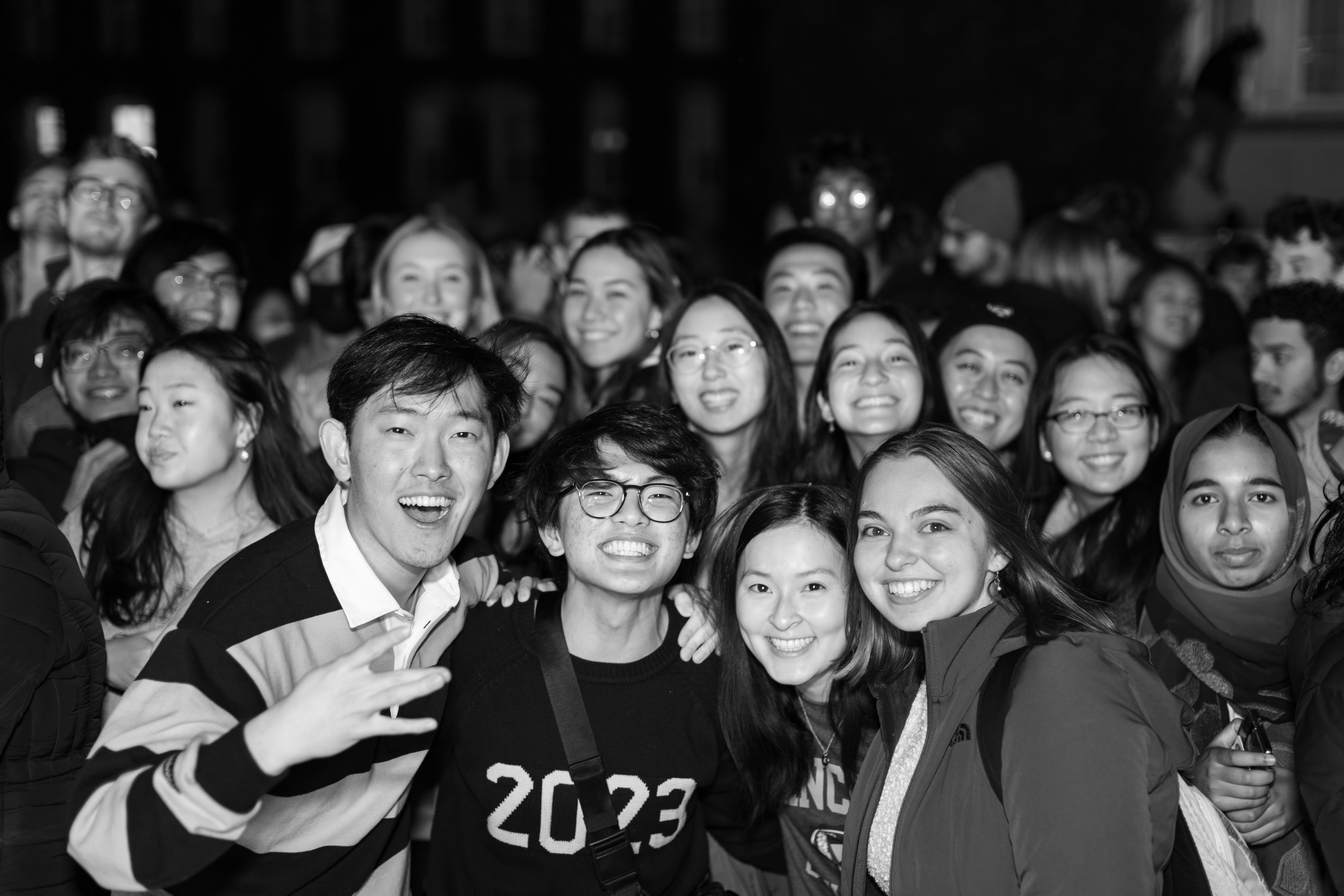
During her gap year (due to the COVID-19 pandemic), Lee started a YouTube channel to document her life as a student at Princeton and life abroad. Source: Kate Lee
Should students adjust their course load to accommodate challenging classes or jobs?
At Princeton, you don’t necessarily have the options like some other schools; you’ll have to be a full-time student to attend the school. You must take at least four classes each semester, but some students take about five or six.
It’s okay to lower your course workload or choose a slightly easier course if it will help you manage your time while at university. Understandably, everyone has a unique set of responsibilities. Some are working, club presidents, or athletes.
There’s no shame in being honest with yourself and asking yourself, “What can I take on?”
Princeton is really helpful because they have student evaluations for every class. Look into this when you receive your syllabus and the expectations for the class. You can get a sense of what’s required and if it’s too much for you before choosing your classes and being realistic about yourself when shopping around for classes or interests during the first week.
When and how should students plan to study abroad for an exchange programme?
The best time to study abroad is probably during your junior year in the American system, your third year of university. By your third year, you’ll probably know what you want to pursue, and you’re probably tired of being in the same school environment. So, going abroad and being in a new environment would be an excellent refresher for you.
If you’re a student at Princeton, you must apply for an exchange programme through the university. It’s different at every university, but the most important thing you should do is to research various programmes during your sophomore year.
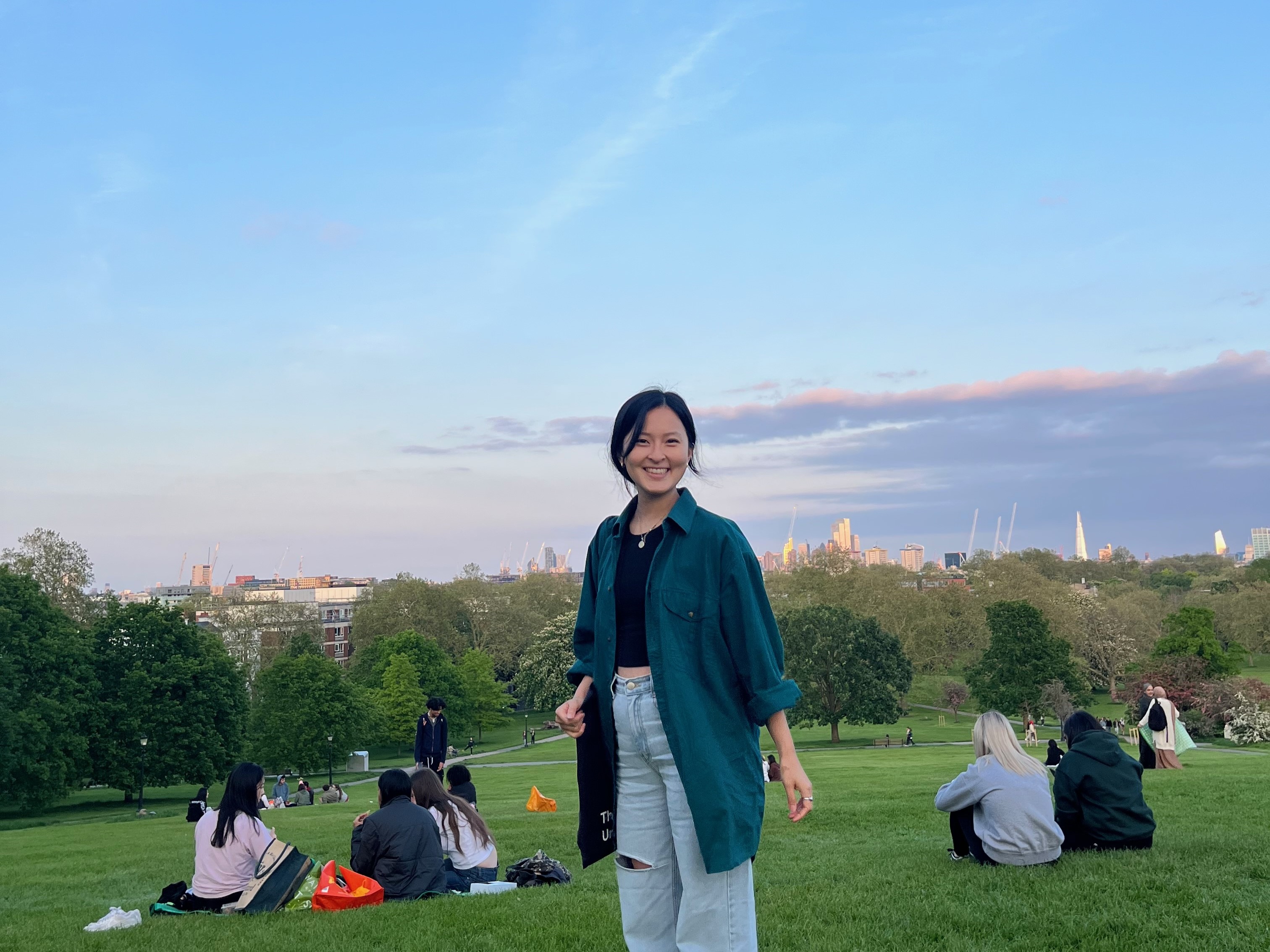
Many would say that coming from an Asian family, you must study engineering, medicine, or law. But that might not always be the case. Lee’s parents were and still are supportive of her dream of studying literature. Source: Kate Lee
Is there anything a student should know after graduating?
It’s perfectly okay to explore, and it’s OK if you’re not sure what you’re doing yet, especially students from Princeton.
Attending an Ivy League school is intense, as it radiates a high-achieving environment. Many people feel pressured to know what they have to do and to be the best at it.
Additionally, Princeton is also a fast-paced environment, and sometimes, you don’t have the time to think about yourself, such as what you want to do, whether you wish to pursue a postgraduate degree, and what opportunities are there for you.
It’s okay if what you want to do is not a prestigious, high-paying, or high-achieving goal. Princeton students struggle with this, as there’s constant pressure to perform, and I do, too.
As a student advisor, I would tell myself that it’s okay to take and try something new, maybe something that is still unexplored, basically something that not everyone else is doing.
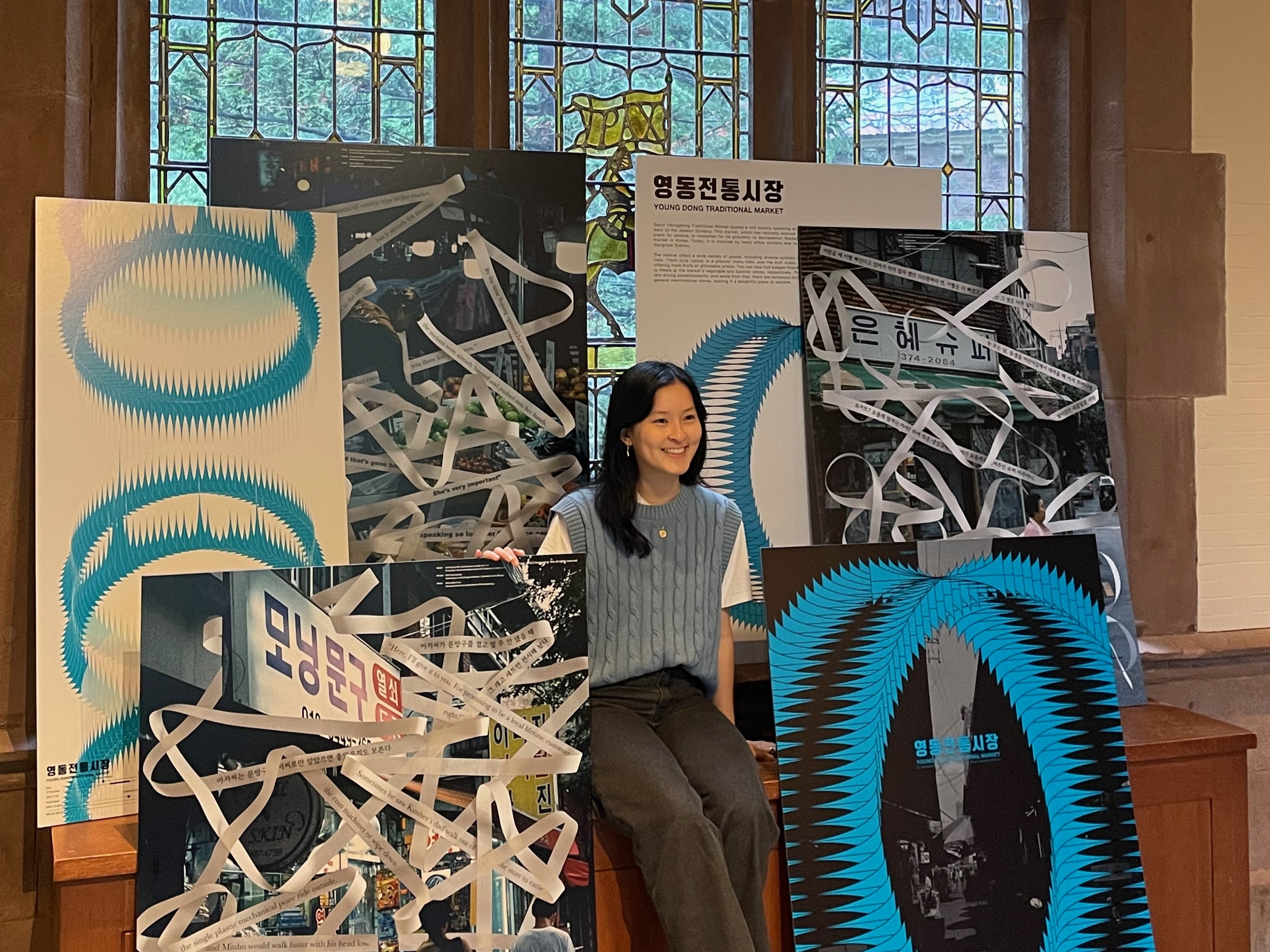
In addition to literature, Lee is well-versed in translation. She was awarded the Best Emerging Translator Award by the Literary Translation Institute of Korea. Source: Kate Lee
What opportunities should students pursue to stand out on future job applications?
For those seeking an academic career, it would be a good idea to spend the summer break doing independent work, such as research.
If you’re interested in applying for corporate jobs, taking on internships or starting something new, maybe even a YouTube channel would be best. For example, at Princeton, there’s a club that builds cars, and it’s a way for students to showcase their engineering skills. So, find something that can help you showcase your skill application instead of just taking a class.









